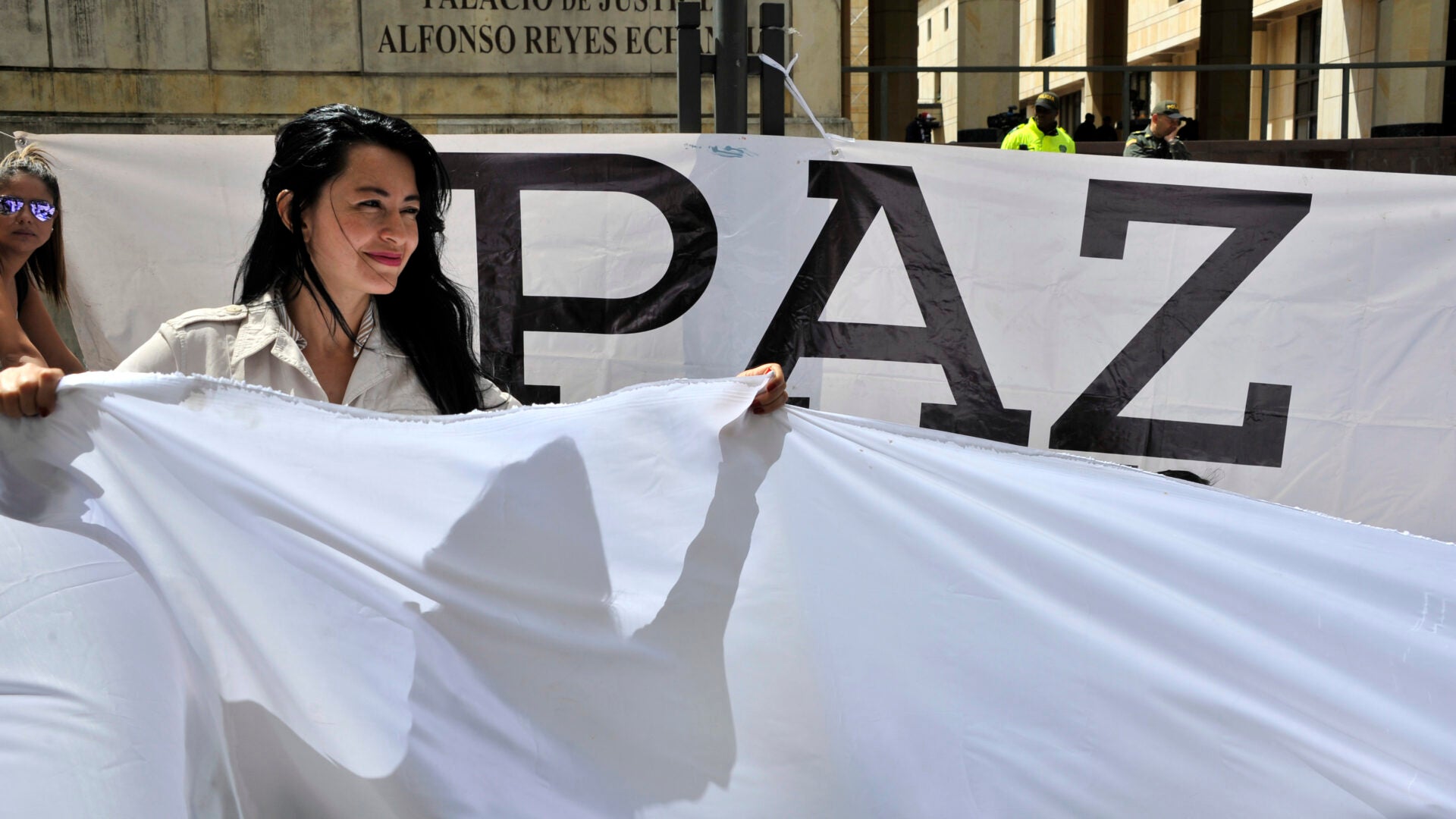Inclusive Justice

Our Tunisia case study is also available in French and ArabicSpanish.
Most countries relapse into conflict within ten years of making peace. Building long-lasting peace requires recognizing and reconciling the deep-rooted causes of conflict and its impacts. Transitional justice can contribute to sustained peace through a set of processes and mechanisms that facilitate accountability and reconciliation after conflict or political change.
Effectively addressing past wrongs to build sustainable peace means addressing the needs of all those involved. Women and men experience conflict differently – due to gender roles and social norms – and to succeed, transitional justice processes need to account for these differences.
This study looks at how women shape transitional justice in Tunisia and Colombia – two very different contexts – and suggests why, and how, these cases provide valuable lessons for other nations undergoing political transition.
Findings
Both cases establish a high standard for women’s inclusion in transitional justice, described in “Inclusive Justice: How Women Shape Transitional Justice in Tunisia and Colombia.”
Tunisian and Colombian women participated in official capacities early in each process. Female officials and women’s civil society organizations (CSOs) advocated for and gained formal recognition of specific harms that women faced under dictatorship in Tunisia and during civil war in Colombia. As a result, the definition of victimhood in Tunisia was expanded to include socio-economic harms (such as being barred from educational and employment opportunities); in Colombia, amnesty for the crime of sexual violence – prevalent in the decades-long conflict – was explicitly barred in the final peace agreement. In both cases, women’s leadership spurred inclusive mechanisms through which female victims could participate more fully in the process, and in greater numbers.
Inclusive mechanisms can help to ensure lasting peace. The creation of specific structures, such as the Women’s Commission in Tunisia and the Gender Sub-Commission in Colombia, allowed more citizens to participate in the unfolding political transitions. This may both enable states to better address root causes of violence and confer legitimacy on their political agreements. In each case, women’s active and early participation as officials and in civil society helped make innovative and inclusive mechanisms possible.
Warren, R., Applebaum, A., Mawby, B., Fuhrman, H., Turkington, R., Alam, M. (2017). Inclusive Justice: How Women Shape Transitional Justice in Tunisia and Colombia. Georgetown Institute for Women, Peace and Security, Washington DC. Retrieved from: https://giwps.georgetown.edu/resource/inclusive-justice/
Download the full report here.
Explore More

Women, Peace, and Security Shadow Report to Congress: What Was Built, What…

WPS Index 2025/26
